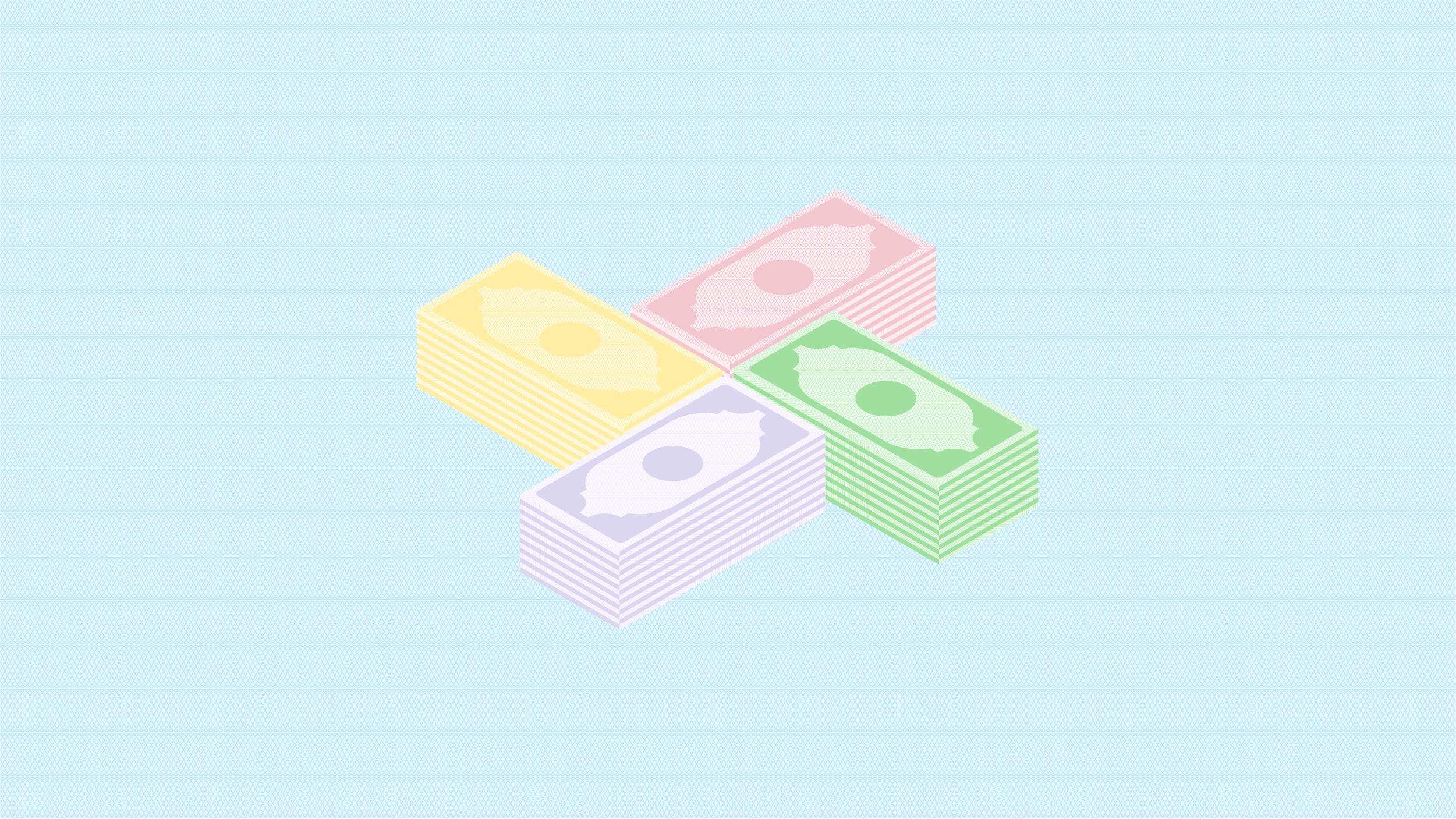
“Savings or Current?” “Please input your pin.”
I’m guessing you partake in these conversations at least once every day and you can easily relate. Well, Geld Stinkt Nicht is a principle that ensures that Germans can’t.
While the rest of the world is focused on card payments, swiping, scanning, and screaming the “cashless society” agenda, it seems Germans have had noise-cancelling headphones on – and there’s a lesson we can all learn from them.
This article is about a cash culture prevalent in Germany; “Geld Stinkt Nicht” which literally translates to “Cash doesn’t stink”. It emphasizes the German belief that “cash is king”. As such, the average German would rather make everyday transactions in cash, rather than any other method. Is it convenient? Maybe not. But especially with their government’s history of privacy violations, they value security and data privacy over convenience.
This cash culture was not initially developed to help them save more, but when duly considered, a line can be drawn to connect cash culture and financial discipline. So what is it about this principle? And how can it help you save?
It increases your barrier to inordinate spending
Cash culture creates an additional barrier of “location” to the spending process. Making a resolution to only spend cash for a week or two makes it impossible for you to order pizza online or add those cool shoes to your cart and checkout. Think about how much you can save by doing that.
Makes it easier to stick to your budget
It’s very easy to spend more than you planned with the numerous payment alternatives available. Depending only on cash to make your transactions means that you’d think twice about picking that shiny item off the shelf until you’ve crossed everything off your shopping list.
You can get better deals
Paying in cash opens you up to a world where anything is possible – especially negotiation. Unlike online shopping, in-person transactions provide an avenue for you to negotiate and get better deals.
Helps you make better decisions
Research has shown that paying in cash hurts more than swiping your card on some machine. Parting with your cold, hard-earned cash stings more, therefore making you attach more value to the purchase (The NY Times) In a backward way, when you have to pay in cash, you’re forced to ask yourself the question; “Do I really need this?” If you’re able to answer this question honestly and make a decision to go ahead with the purchase or not, I think that’s progress.

Cash Culture vs COVID Policies
While we keep our fingers crossed for the days of COVID-19 to be behind us, we acknowledge that it has opened our eyes to the unsanitary lives we used to live. Cash transactions and exchanges contributed to this unsanitary living. As a result, policies all over the world were put in place to curtail cash culture in order to curb the spread of the virus.
How can we still apply the core principles of Geld Stinkt Nicht?
- Use digital wallet services and condition your mind to treat them like physical wallets.
- Increase your barrier to online payments – log out of shopping sites, unsave your payment details.
- Plan your money, and make realistic daily, weekly, and monthly budgets. Stick to them.
According to Deutsche Bundesbank (Germany’s central bank), cash had been king in Germany until 2018. Germans spent more money using cards rather than cash for the first time ever. Since then, there was a slow, yet steady rise in contactless payments. The outbreak of COVID-19 boosted this rise. Remarkably, in June of 2020, a German bakery chain – Kamps, offered a 3% “innovation discount” to customers who paid by card. You didn’t see that coming, did you?
COVID has changed a lot of things and forced the world on different scales to adapt to a new normal. On a smaller scale – for we individuals – our modes of learning, transport, and working have had to change. On a larger scale, Germany’s age-long culture of Geld Stinkt Nicht was not left out.
Nevertheless, we can take the lessons, and become more prudent for them. Don’t you think so?
RELATED
